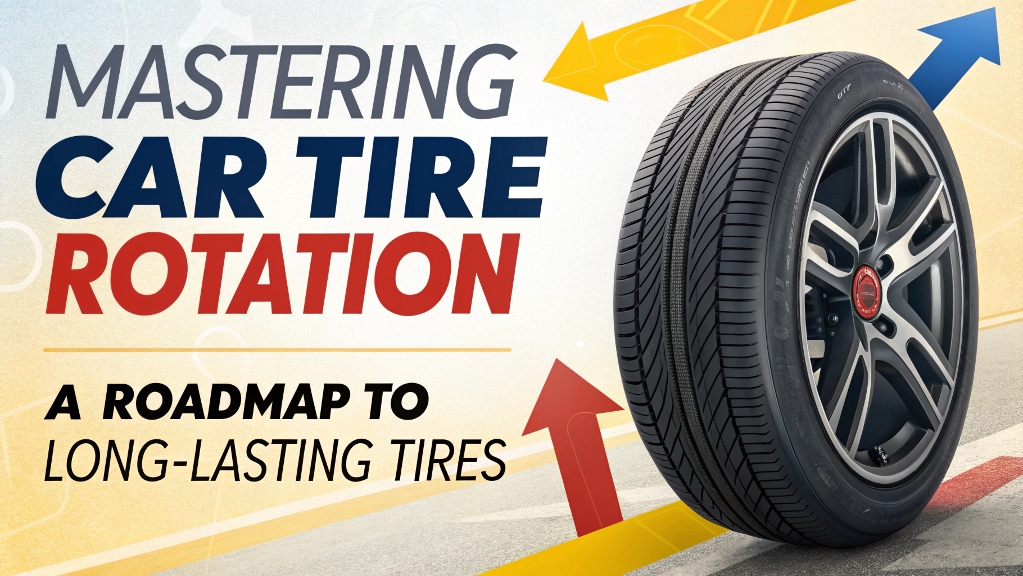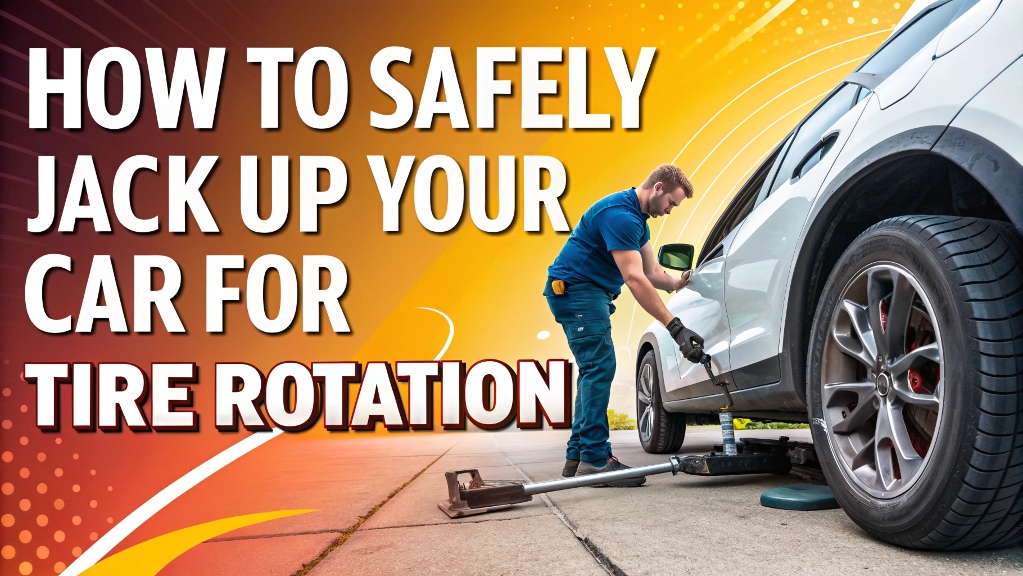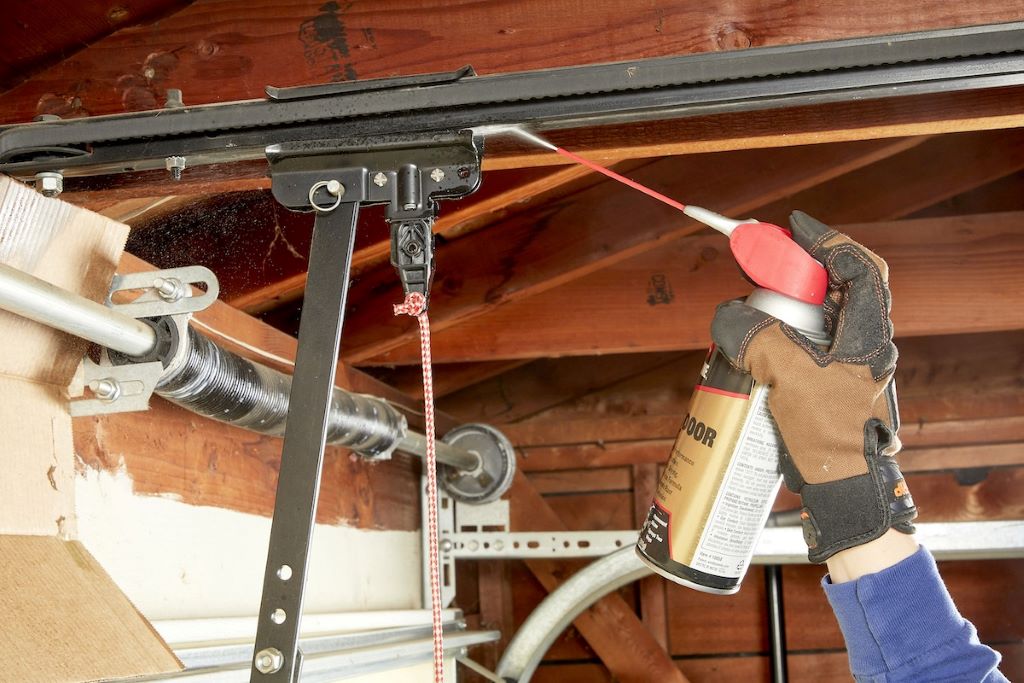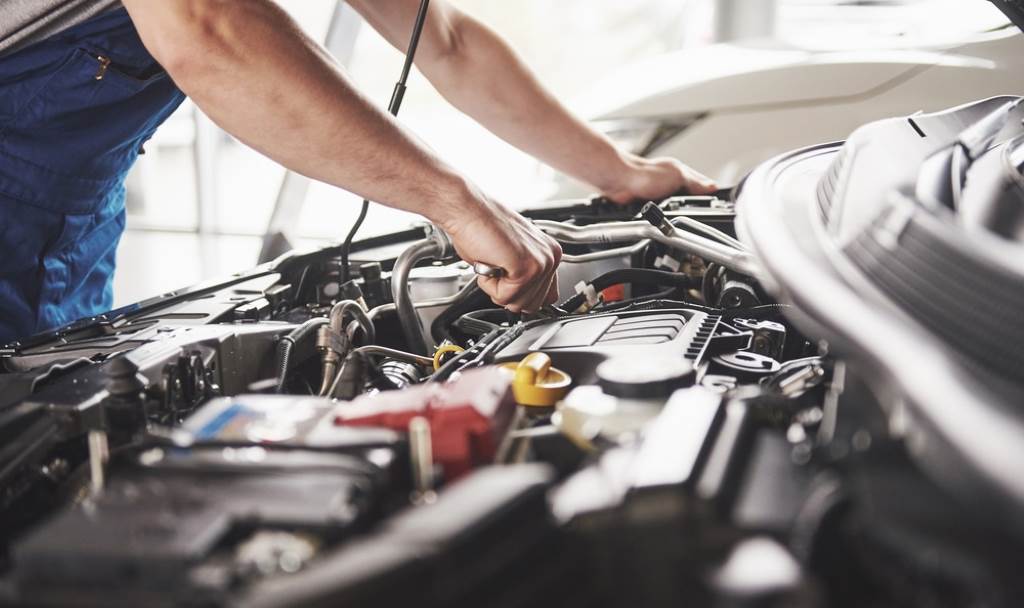As the colder months of the year are now upon us, we should be prepared for the ravages that winter may very well have in store. Winter driving is a particular safety issue throughout the United Kingdom. Considering that the 2015 statistics were expected to exceed 40,000 deaths, it only makes sense that this topic is taken seriously. Let’s take a look at some top tips that can keep you and your family safe.
The Importance of Antifreeze
Before the winter takes full effect, it is critical to make certain that the levels of antifreeze within your reservoir are topped up. However, you should also recall that the antifreeze is the same which is recommended by the vehicle manufacturer. If not, a significant amount of engine damage can occur. Take a look at these other interesting facts to learn more about the importance of this vital fluid.
Tyres and Tyre Pressure
Never forget that tyres are your first and last defence against difficult road conditions such as snow and ice. Ironically enough, this is one of the very same areas, which many drivers tend to overlook. Check all treads and make certain that they are not worn. Unless you have an all-weather variety, purchase tyres specifically designed for driving in snowy and icy conditions. Finally, lowering the tyre pressure is another useful tip. This will allow more of their surface to grip the road. A greater surface area equates to more stopping power when it is needed the most.
Preparations
Although it is important to check the various safety features of your vehicle, this is even more pertinent when the weather outside turns cold and unforgiving. Make sure that your headlamps and taillights are functioning, as they should. The same holds true for your emergency flashers. Are the windscreen wipers in good condition? If not, it is wise to replace them with a winter variant before the season takes hold. Finally, many authoritative websites suggest that you keep your petrol tank at least half full. This will help to prevent the fuel from freezing when the temperatures experience a severe drop.
Cruise Control
Applying cruise control is a common practice for anyone who is planning on a long trip and if the route is already familiar. However, this can actually present a risk due to the fact that your reaction times will be significantly decreased in the event that you begin to skip or slide. Get into the habit of driving manually. This can help to prevent you from automatically activating cruise control during potentially dangerous conditions.
Emergency Supplies
You should always have an emergency survival kit within your vehicle. In fact, this is an excellent idea to embrace throughout the year. Some of the most common supplies will include a small amount of food alongside a portion of purified drinking water. However, other items such as an emergency blanket (the reflective type) are great if you become stuck and are in danger of freezing. This blanket can also be used to signal other vehicles that you are in danger. A reflective triangle, road flares and a basic medical kit are some other concerns that should be addressed.
Tyre Chains
There has been some debate in regards to the use of tyre chains. Obviously, these will provide superior traction on nearly any surface. However, one of the main issues is that they can destroy the road underneath. Check with your local authorities to determine as to whether or not these chains are allowed within your region.
Heaters and Defrosters
These are not only a matter of mere convenience. A malfunctioning heater or defroster can present a real driving hazard. So, make certain that both are functioning as they should well before you undertake any journey.
Battery
This is another critical component to address. In theory and under normal driving conditions, your battery should be replaced every two years. A good time to check its charge is a month or so before the winter sets in. Should you find that it is not supplying full power or it cannot hold a charge, it is ALWAYS recommended to purchase a replacement; specifically, one that is resistant to cold temperatures.
A Trip to the Mechanic
Finally, visit your local garage and have a trusted mechanic peruse the vehicle for any further issues. He or she may indeed be able to detect problems that could have gone unnoticed.
By following these basic preparedness tips, you can rest assured that you and your loved ones will be able to negotiate even the most challenging of winter driving conditions. An ounce of prevention can indeed go a long way!
You may also like Tips to ensure the perfect travel experience








